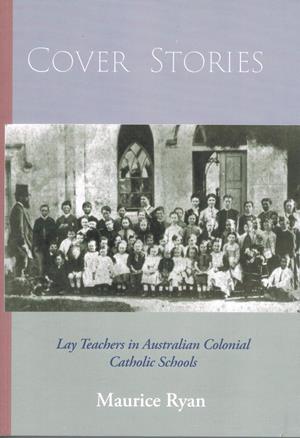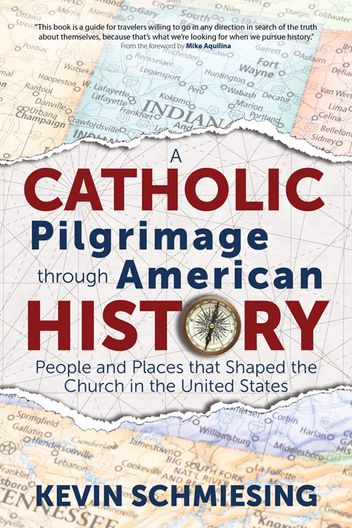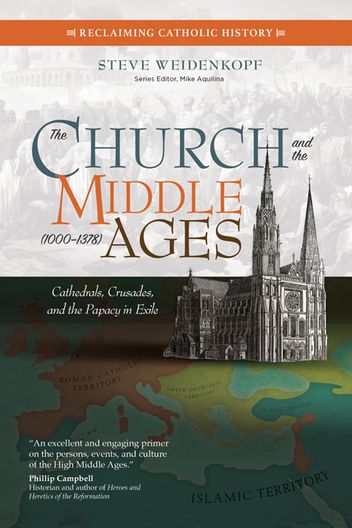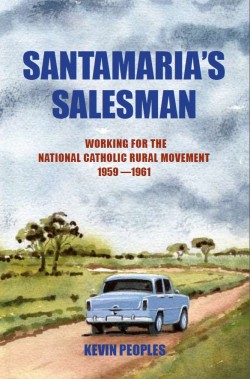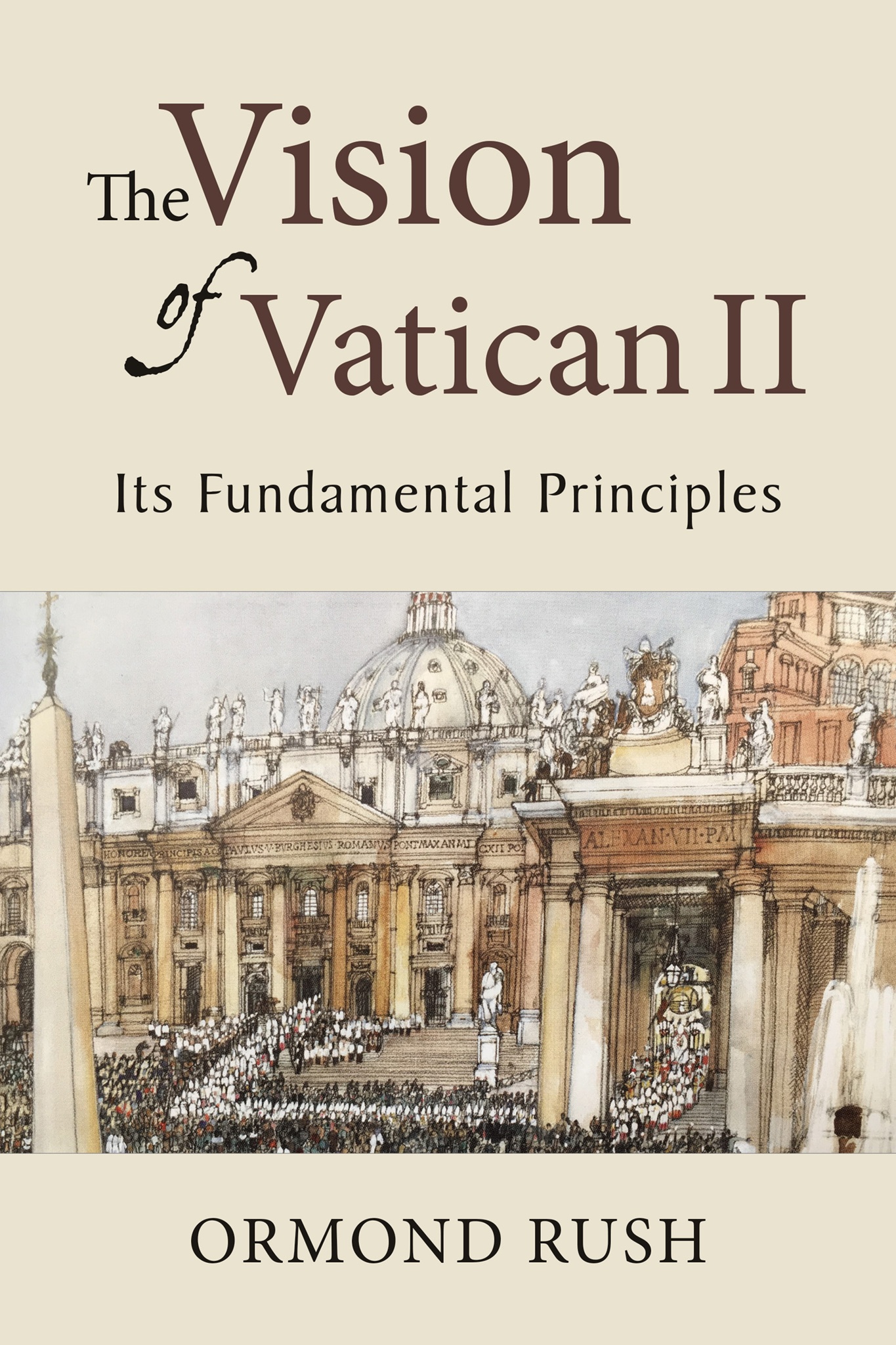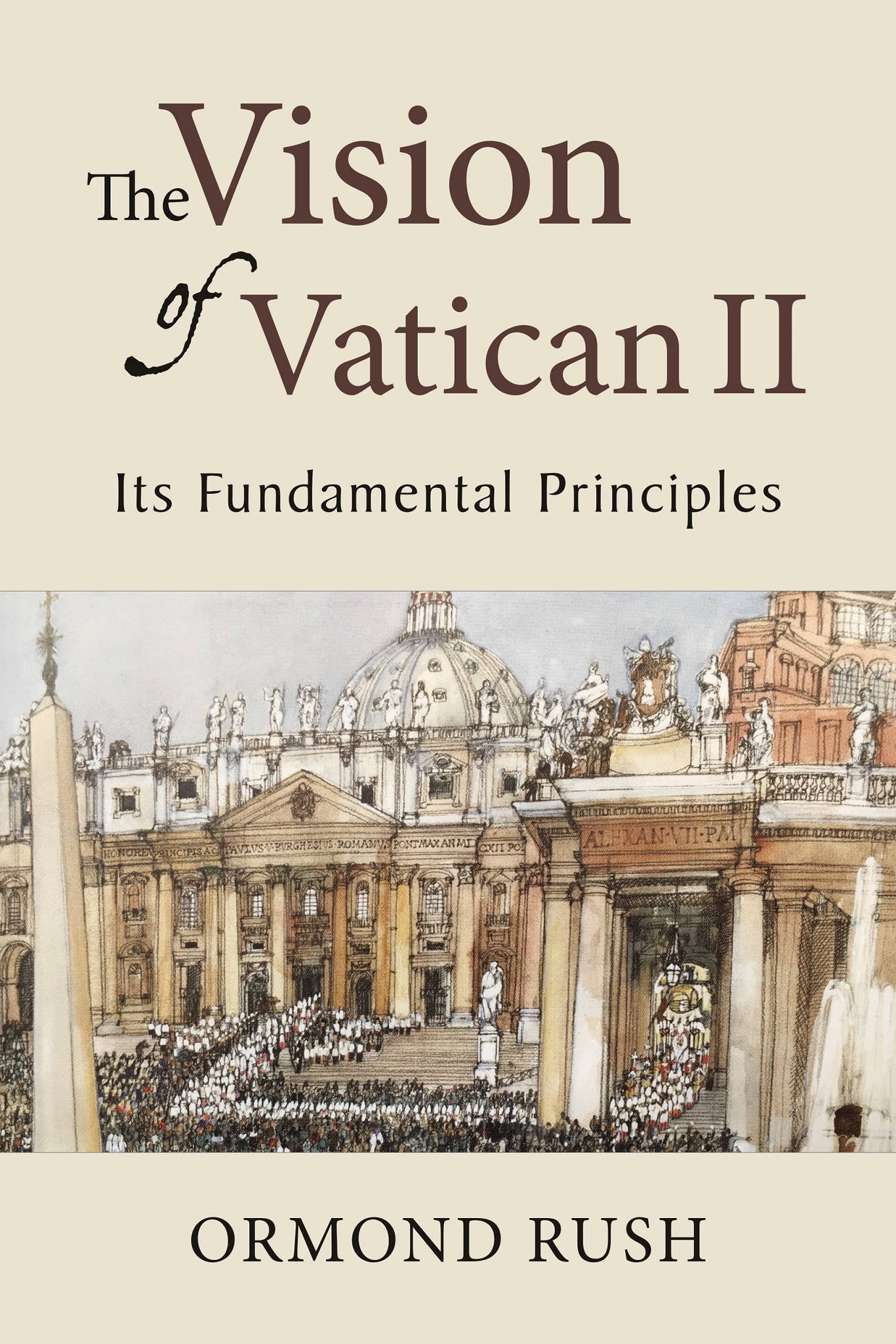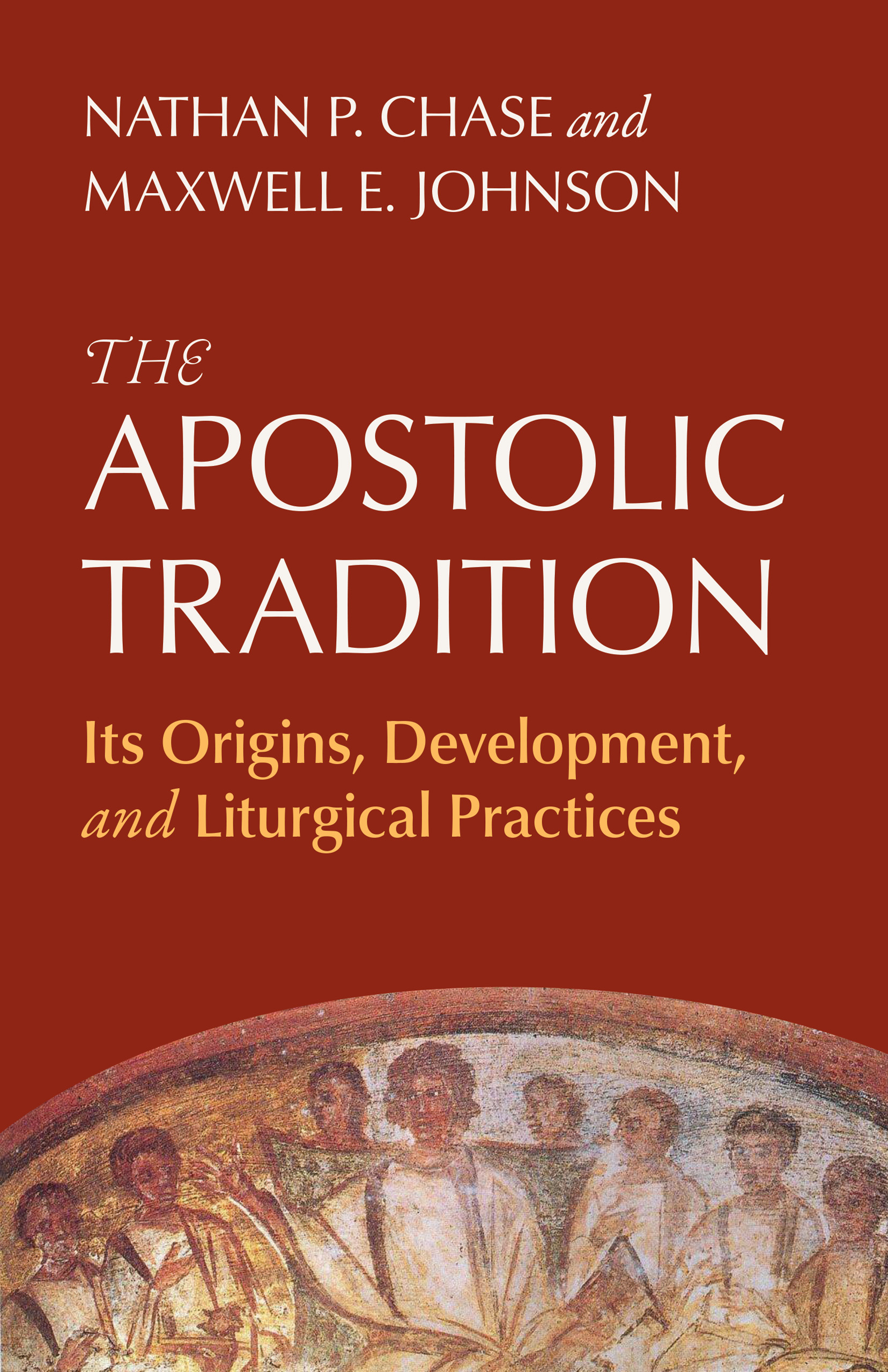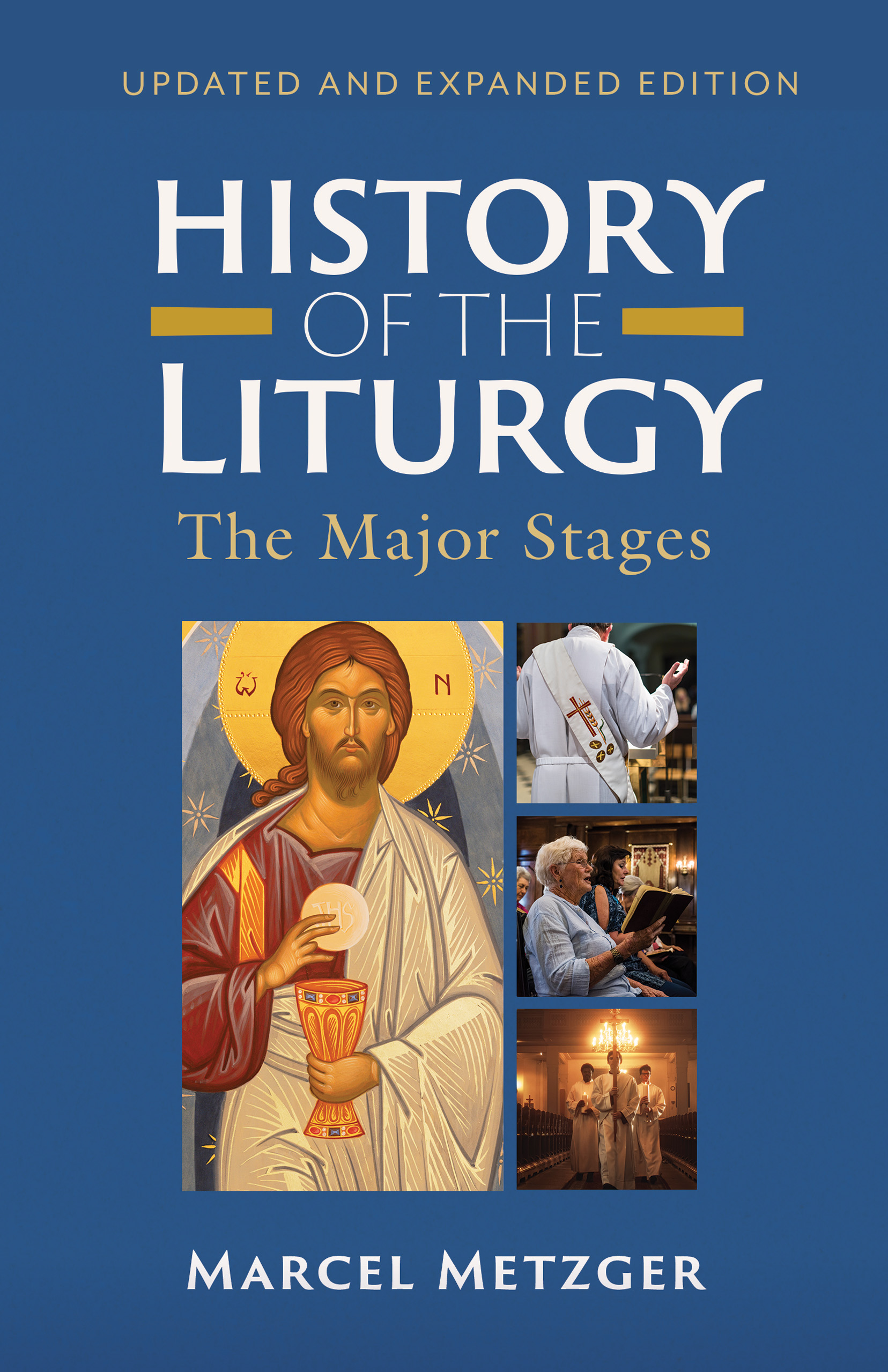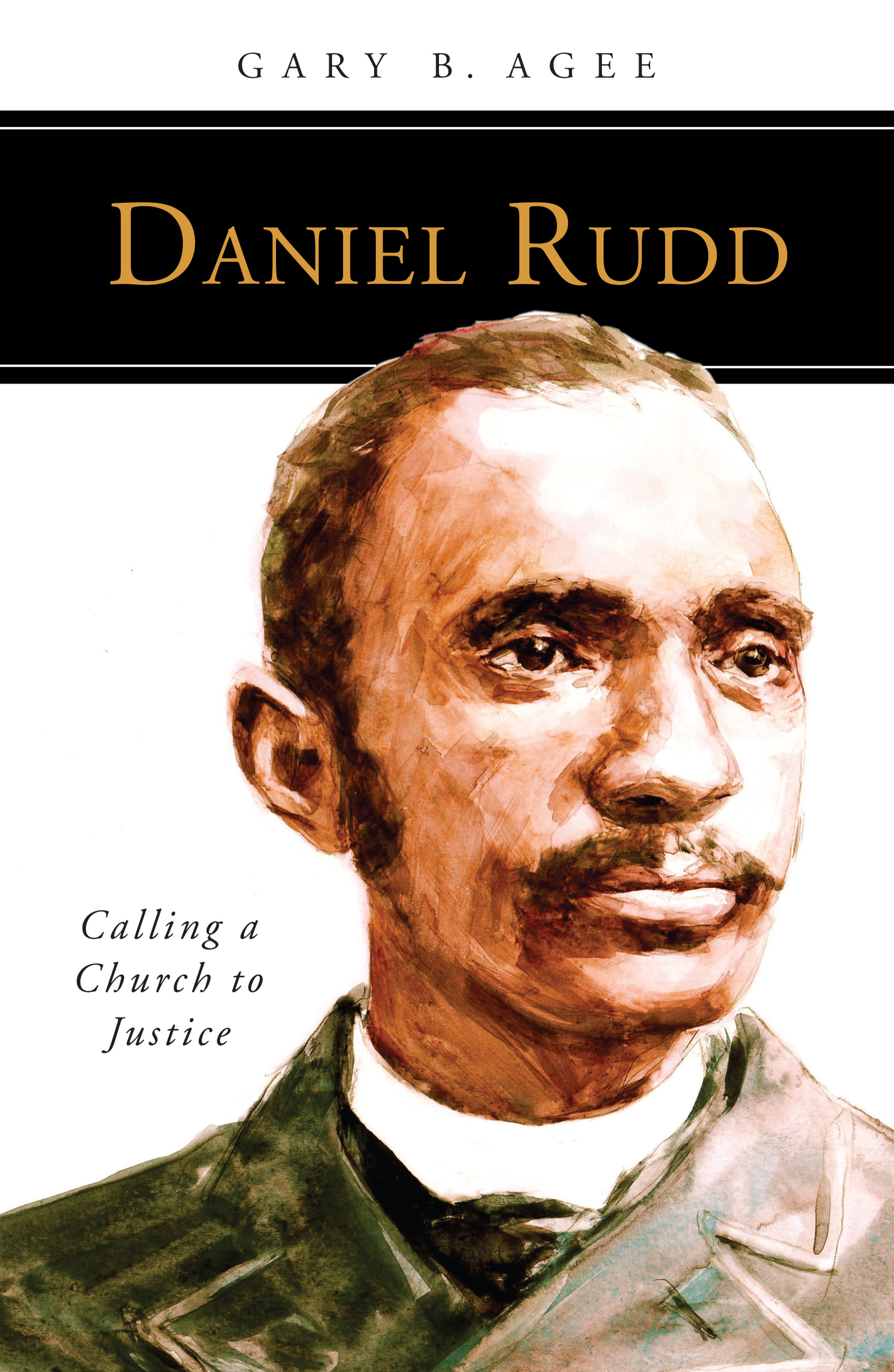Building on his critically acclaimed Gifford Lectures, N. T. Wright presents a richly nuanced case for a theology based on a renewed understanding of historical knowledge.
The question of ‘natural theology’ interlocks with the related questions of how we can conceive of God acting in the world, and of why, if God is God, the world is full of evil. Can specific events in history, like those reported in the Gospels, afford the necessary point from which to answer such questions?
Widely shared cultural and philosophical assumptions have conditioned our understanding of history in ways that make the idea of divine action in history problematic. But could better historical study itself win from ancient Jewish and Christian cosmology and eschatology a renewed way of understanding the relationship between God and the world?
N. T. Wright argues that this can indeed be done, and in this ground-breaking book he develops a distinctive approach to natural theology grounded in what he calls an ‘epistemology of love’. This approach arises from his reflection on the significance of the ancient concept of the ‘new creation’ for our understanding the reality of the world, the reality of God and their relation to one another.
N. T. (Tom) Wright is Professor of New Testament and Early Christianity at the University of St Andrews. Prior to that he was Bishop of Durham (2003-10), Canon Theologian of Westminster (2000–3), Dean of Lichfield (1994–99) and Fellow, Tutor and Chaplain of Worcester College, Oxford (1986–93).
Professor Wright is the author of over eighty books, including The New Testament and the People of God, Jesus and the Victory of God, The Resurrection of the Son of God, Scripture and the Authority of God, Surprised by Hope, Virtue Reborn, How God Became King, Paul and the Faithfulness of God, Paul and His Recent Interpreters, The Day the Revolution Began, Paul: A biography and (with Michael F. Bird) The New Testament in its World.

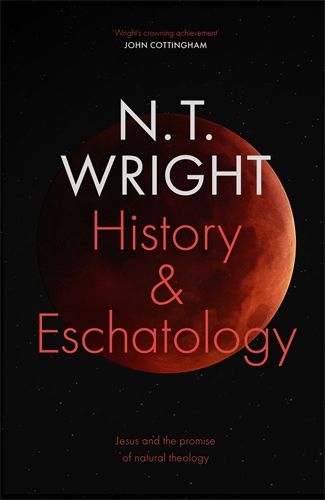
 Back
Back

